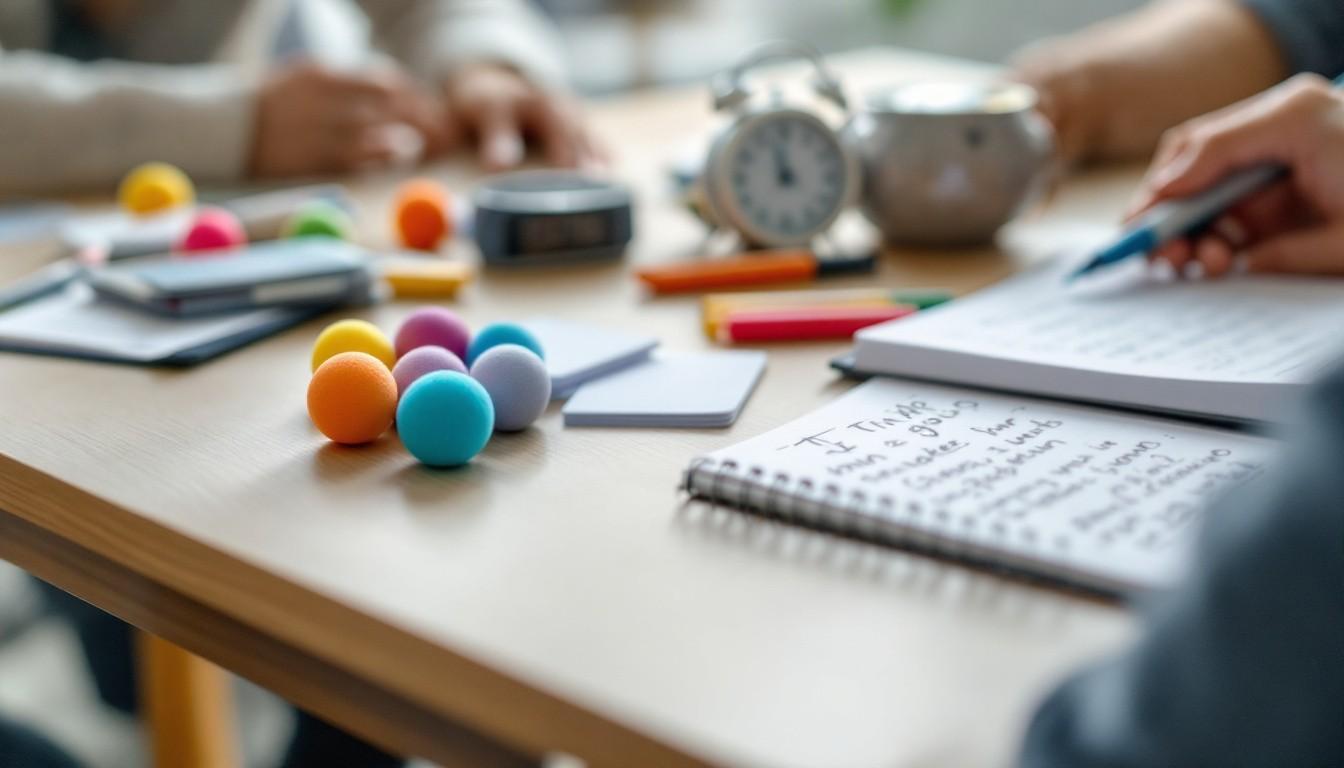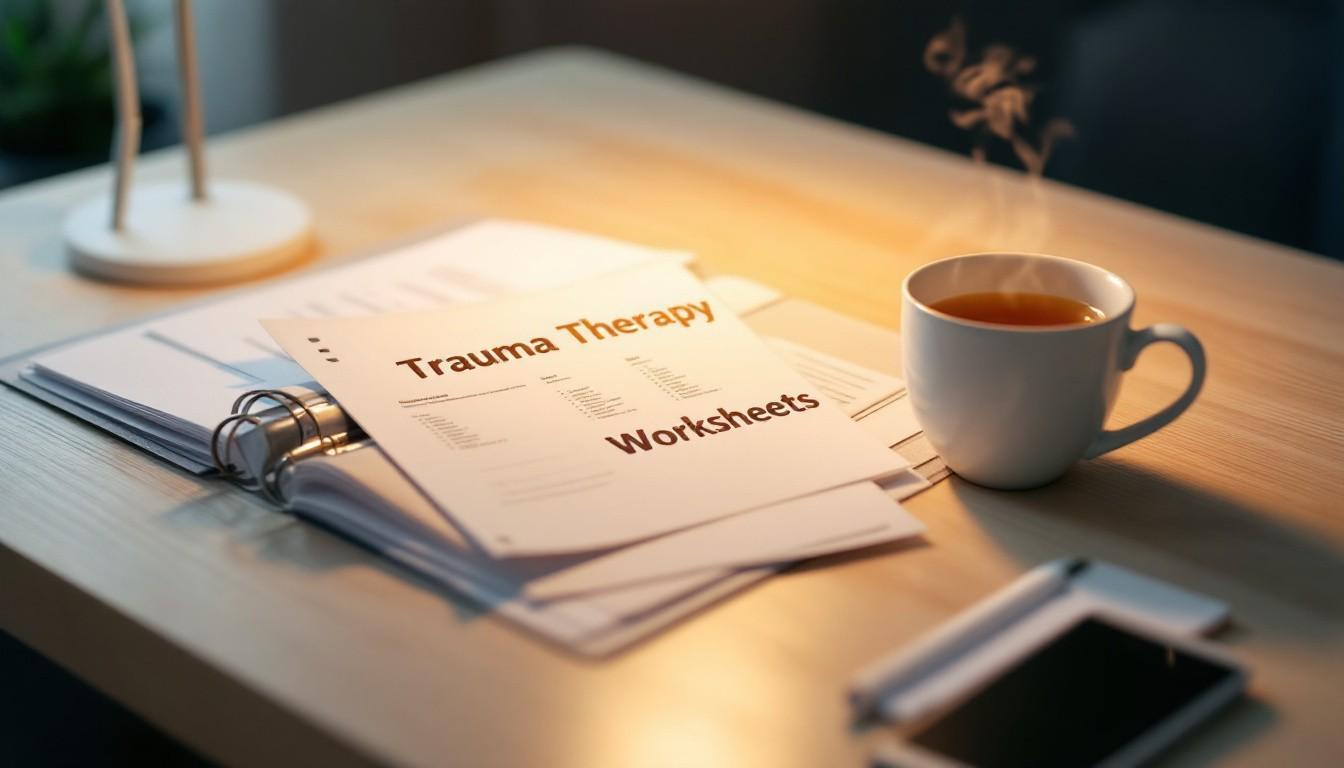Addiction affects millions of people, creating overwhelming challenges that can feel impossible to overcome. The path to recovery requires more than willpower-it demands effective coping strategies for addiction that address both the physical and emotional aspects of this condition.
At Devine Interventions, we understand that developing these strategies is a process that takes time, patience, and professional guidance. Recovery is possible when you have the right tools and support system in place.
The Science Behind Addiction and Brain Changes
Addiction Rewires Brain Chemistry Permanently
Addiction fundamentally alters the brain’s reward system, particularly in areas that control decision-making and impulse control. The National Institute on Drug Abuse reports that repeated substance use damages the prefrontal cortex, which makes rational decisions significantly harder. This explains why people with addiction continue use despite negative consequences – their brain chemistry literally places the substance above everything else.
When substances flood the brain with dopamine, they create artificial reward pathways that become 1,000 times stronger than natural rewards like food or relationships. The brain adapts by reducing natural dopamine production, which creates a cycle where normal activities no longer provide satisfaction. This neurological change means recovery requires professional intervention to rebuild healthy brain pathways.
Physical Symptoms Reveal Brain Dysfunction
The physical signs of addiction directly reflect brain changes. Withdrawal symptoms like tremors, nausea, and sleep disturbances occur because the brain struggles to function without the substance it has become dependent on. These symptoms can persist for months as the brain slowly repairs itself.
Sleep patterns become severely disrupted, with people in early recovery experiencing significant insomnia challenges. This creates a dangerous cycle where exhaustion increases cravings and reduces willpower. Physical symptoms also include changes in appetite, coordination problems, and chronic fatigue that can last well beyond initial detox.
Relationships Deteriorate as Priorities Shift
Addiction systematically destroys relationships as the substance becomes the primary focus. Research from the American Psychological Association shows that 80% of marriages that involve addiction end in divorce, while children of parents with addiction are 3 times more likely to develop mental health issues. The brain changes that drive addiction cause people to lie, steal, and manipulate loved ones to maintain their substance use.
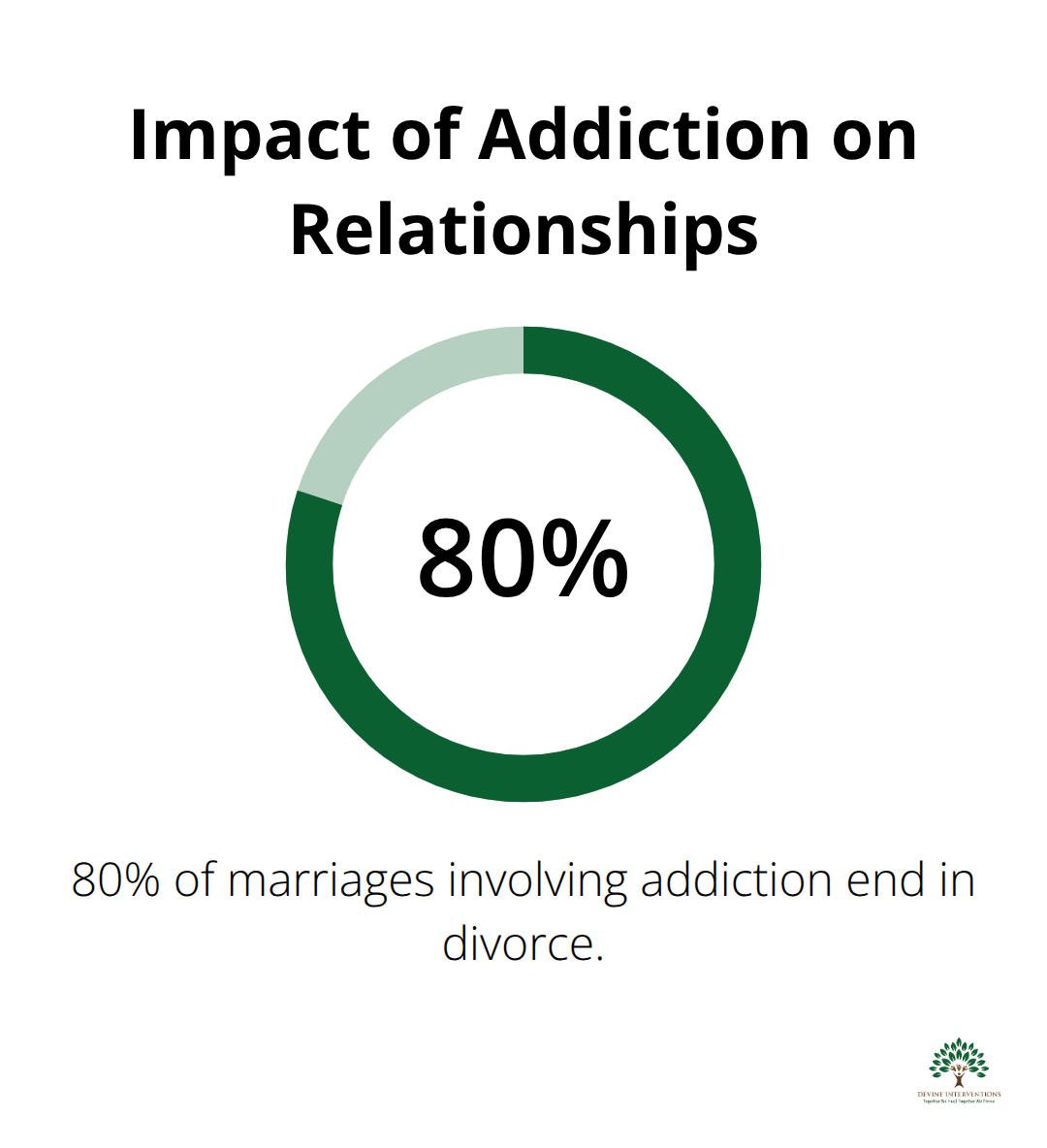
Work performance deteriorates as concentration and reliability decline. The Substance Abuse and Mental Health Services Administration reports that addiction costs the workplace $81 billion annually in lost productivity through absenteeism and decreased performance. Daily responsibilities like paying bills, maintaining hygiene, and keeping commitments become secondary to obtaining and using substances, which creates a spiral of consequences that compound over time.
These profound changes in brain function, physical health, and relationships create a complex web of challenges that require targeted strategies to address. The good news is that with the right treatment, changes induced by addiction can gradually reverse and specific, evidence-based techniques can help rebuild healthy patterns and restore control over your life.
Evidence-Based Coping Strategies for Recovery
Cognitive Behavioral Techniques Transform Trigger Responses
Cognitive Behavioral Therapy stands as the most effective approach for managing addiction triggers, with treatment centers widely utilizing CBT according to research by Magill. This technique works by identifying the specific thoughts and emotions that precede substance use, then developing concrete responses to interrupt these patterns.
The functional analysis component of CBT helps you map out exactly what happens before, during, and after substance use episodes. You track situations like stress at work, arguments with family, or feeling lonely, then identify the automatic thoughts that follow (such as “I can’t handle this” or “Nothing will get better”). Once you recognize these patterns, cognitive restructuring teaches you to challenge these thoughts with evidence-based alternatives. Instead of “I can’t handle this,” you learn to think “This feeling is temporary and I have tools to manage it.”
Mindfulness Meditation Reduces Cravings
Mindfulness meditation demonstrates significant improvements in recovery outcomes, with participants showing improved emotional regulation and reduced anxiety. The 5-4-3-2-1 grounding technique provides immediate relief during intense urges by engaging your senses: identify 5 things you can see, 4 you can touch, 3 you can hear, 2 you can smell, and 1 you can taste.
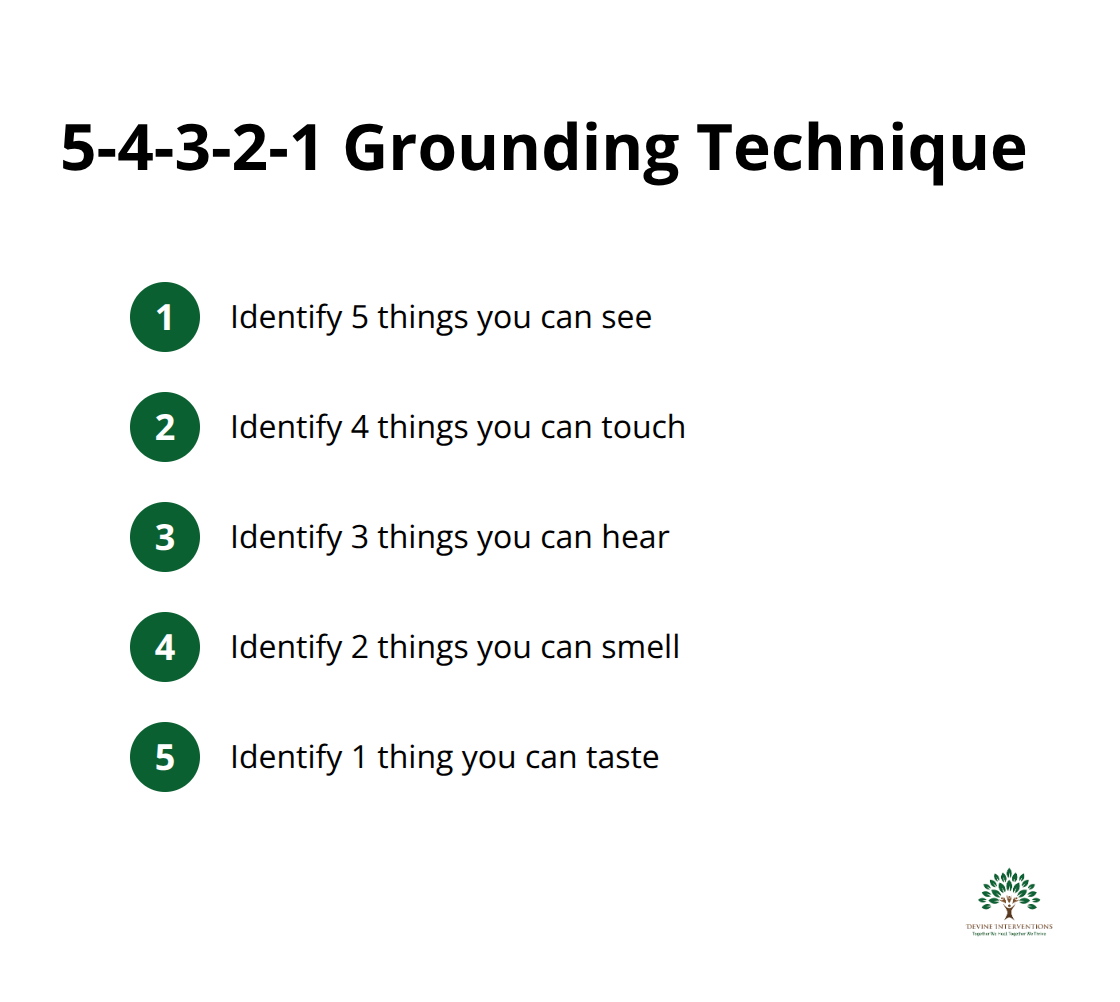
This redirects your brain away from craving pathways and into present-moment awareness. Urge surfing teaches you to observe cravings like waves that build, peak, and naturally subside without resistance. Research shows cravings typically last only 15-20 minutes when you don’t fight them, but can persist for hours when you struggle against them.
Structured Daily Routines Prevent Relapses
Consistent daily routines create stability that directly counteracts the chaos addiction creates in your life. Structured sleep, exercise, and dietary routines significantly reduce triggers like insomnia and fatigue that lead to relapse.
Wake up at the same time daily, eat regular meals, and establish a consistent bedtime to regulate your body’s natural rhythms. Physical exercise releases endorphins that naturally improve mood and reduce stress, with just 30 minutes of walking daily showing measurable benefits for people in recovery. The HALT method helps you quickly identify when you’re Hungry, Angry, Lonely, or Tired-states that dramatically increase relapse risk and require immediate attention through your established routines.
These evidence-based strategies form the foundation of effective recovery, but they work best when combined with strong support systems that provide accountability and encouragement throughout your journey.
Building Your Support System
Professional treatment forms the backbone of successful recovery, and the statistics prove this approach works. Research demonstrates that 67% of individuals who undergo professional therapy for addiction report significant improvement in recovery outcomes. We at Devine Interventions combine individual therapy, group sessions, and medication management under one roof, which allows seamless transitions without disrupted therapeutic relationships. We use evidence-based practices like CBT and motivational interviewing, with our bilingual therapists who provide culturally sensitive care across all age groups from children to adults.
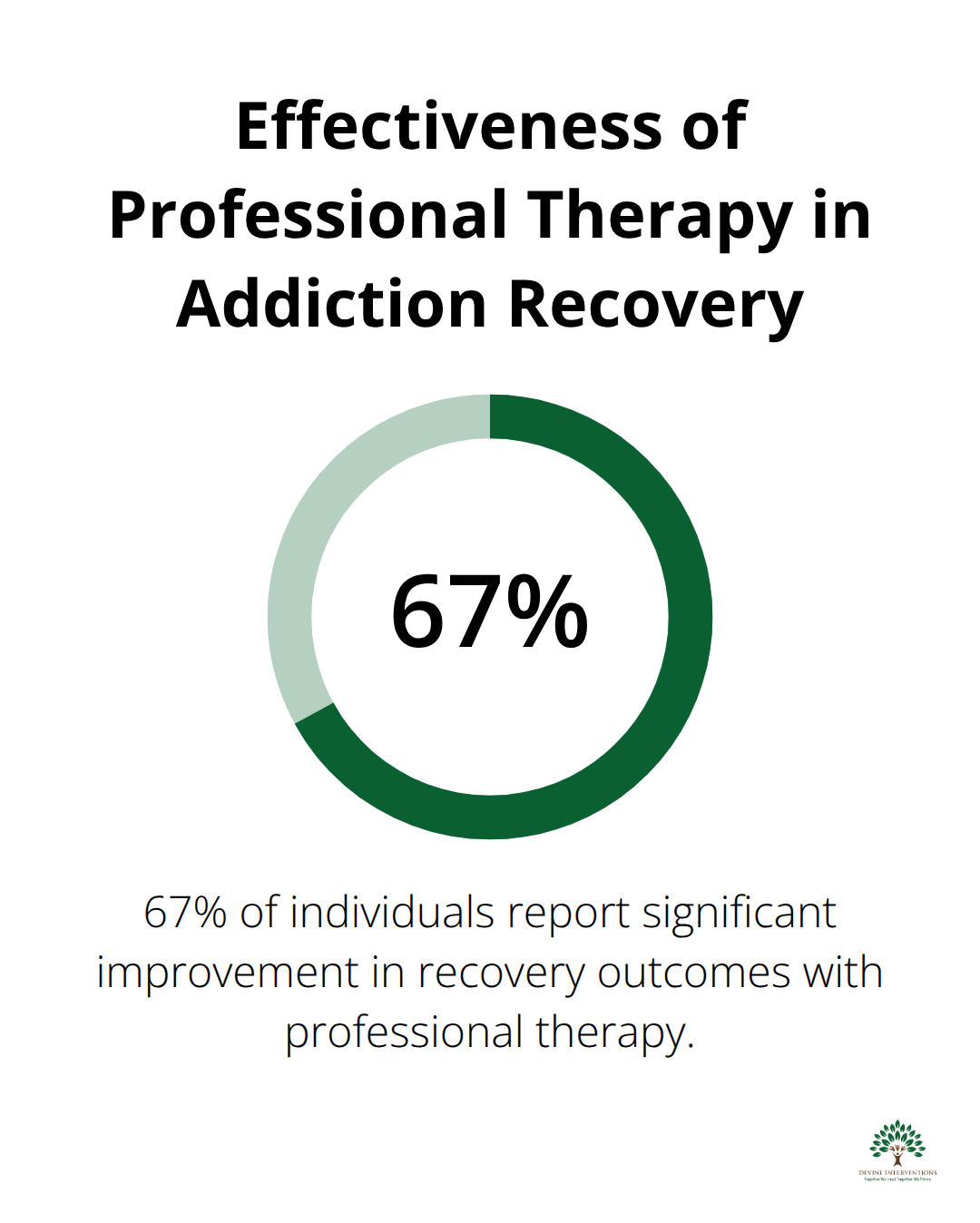
Professional Treatment Teams That Work Together
Your treatment team should include multiple specialists who work together. A psychiatrist manages any underlying mental health conditions that fuel addiction, while therapists provide weekly individual sessions to process trauma and develop coping skills. Case managers bridge the gap between clinical treatment and real-world support, and they help coordinate everything from intensive outpatient programs to community connections. Indiana facilities offer CBT widely across substance abuse programs, which makes this proven approach accessible. The key is to find providers who communicate with each other rather than work in isolation.
Family Support Networks Create Accountability
Research shows that 12-step programs like Alcoholics Anonymous produce higher rates of abstinence and longer periods free from substances (according to Kelly’s studies). However, family involvement proves equally important for long-term success. Al-Anon and Nar-Anon teach family members how to support recovery without enabling destructive behaviors. SMART Recovery offers a secular alternative that uses motivational enhancement techniques, while Women for Sobriety addresses unique challenges women face in recovery.
Community Resources Strengthen Recovery
The most effective approach combines professional treatment with consistent peer support meetings at least three times weekly during early recovery. Support groups provide emotional support, education, and a sense of belonging for individuals who face substance use disorders. Psychoeducational groups provide essential information about addiction, its effects on the brain, and the recovery process. Skills development groups focus on coping skills, stress and anger management, and recognition of triggers for relapse.
Final Thoughts
Effective coping strategies for addiction require a comprehensive approach that addresses brain changes, emotional triggers, and relationship damage. The evidence shows that cognitive behavioral techniques, mindfulness practices, and structured routines create the strongest foundation for recovery. Professional guidance remains essential because addiction fundamentally alters brain chemistry in ways that require specialized intervention.
Your support system determines long-term success. Research demonstrates that 67% of individuals who receive professional therapy show significant improvement, while consistent participation in support groups produces higher abstinence rates. The combination of individual therapy, family involvement, and peer support creates multiple layers of accountability and encouragement.
Recovery becomes possible when you have the right tools and professional support. We at Devine Interventions provide comprehensive care that includes individual therapy, group sessions, and case management (all under one roof). Contact us today to begin your journey toward recovery and reclaim control over your life.





